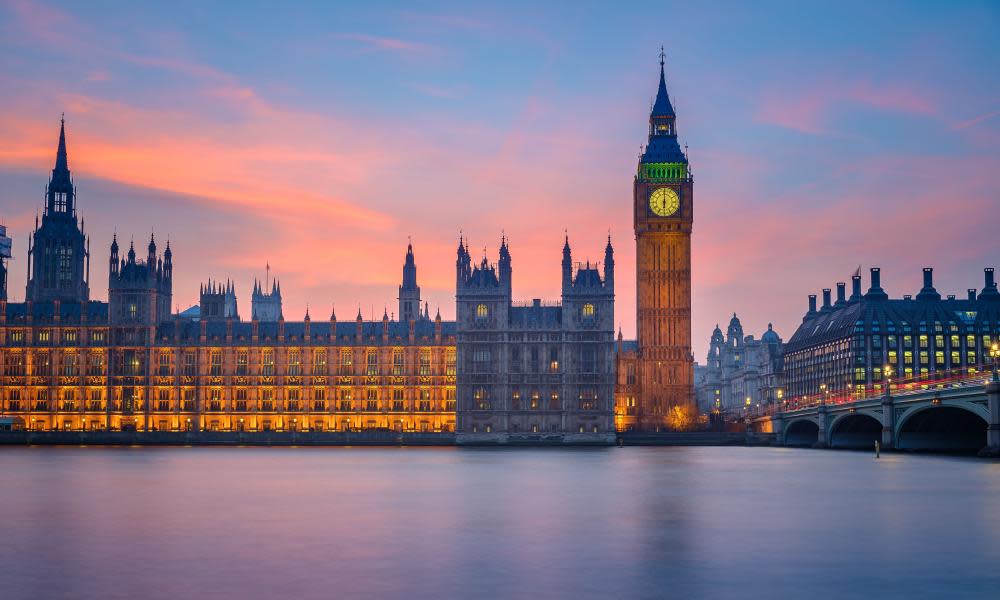'Orwellian' government unit obstructs freedom of information, says report

The government has been accused of operating an “Orwellian” unit that obstructs the release of sensitive information requested by the public under the Freedom of Information Act.
A new report on the “clearing house”, a little-known unit that sits at the heart of government, discloses how it seeks to control the release of potentially embarrassing information.
The unit requires Whitehall departments to send it requests that are deemed to be potentially sensitive or too expensive to answer. The unit routinely instructs departments to submit to it drafts of proposed responses so that they can be vetted.
The requests, which are understood to total about 50 a day, have often originated from journalists seeking to hold ministers to account, campaigners challenging government policy and academics.
On Tuesday, the openDemocracy website called the unit “Orwellian” in a report which accuses ministers of hindering the disclosure of information in “disturbing” ways.
Introduced in 2005 to open up the workings of official bodies, the Freedom of Information Act allows the public to submit requests for specific pieces of information to government organisations which are then required to decide whether to release it.
Related: Infected blood scandal: Treasury refuses to publish key documents
In its analysis, openDemocracy says central government departments are granting fewer requests than ever before.
It says that the Cabinet Office, which is in charge of freedom of information policy, has one of the worst records on access to information. The Cabinet Office, and other public bodies, often cynically fail to respond to requests from the public in any way, according to openDemocracy.
Whitehall departments are required to send to the clearing house requests that seek information about subjects deemed to be “sensitive”. It is unclear what constitutes a “sensitive” subject.
The unit also asks to see requests that have been submitted to multiple departments but are asking for the same information from each. The Cabinet Office has said this allows the government to monitor requests that may cost too much public money to answer, as permitted under the act.
Each day, the clearing house circulates advice on how to answer these requests to Whitehall departments.
Whitehall sources confirm that these requests have been submitted by journalists from the Guardian, the BBC, the Times, the Mirror, the Sun and the Daily Telegraph. Other requests have been submitted by campaigners such as Privacy International, which opposes government surveillance.
Routinely, the unit tells Whitehall departments “we would like to see drafts” or “send draft responses to clearing house”.
The Cabinet Office, which is responsible for running the prime minister’s office and supporting his cabinet, has said individual departments can ultimately decide what information to disclose.
David Davis, the former Conservative minister, said: “The whole purpose of the Freedom of Information Act was to increase transparency and accountability of government.”
“This clearing house is certainly against the spirit of that act – and probably the letter, too. Ministers should explain to the House of Commons precisely why they continue with this set-up in view of the fact that it is contradictory to the whole purpose of freedom ofinformation.”
In a statement, the Cabinet Office said: “The Cabinet Office plays an important role through the FOI Clearing House of ensuring there is a standard approach across government in the way we consider and respond to requests.
“The government is committed to its transparency agenda, routinely discloses information beyond its obligations under the FOI Act, and is releasing more proactive publications than before.
“With increasing transparency, we receive increasingly more complex requests under freedom of information. We must balance the public need to make information available with our duty to protect sensitive information and ensure national security.”

 Yahoo Movies
Yahoo Movies 
